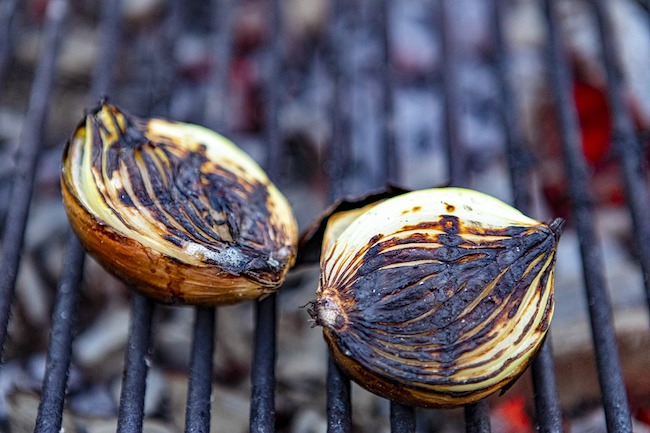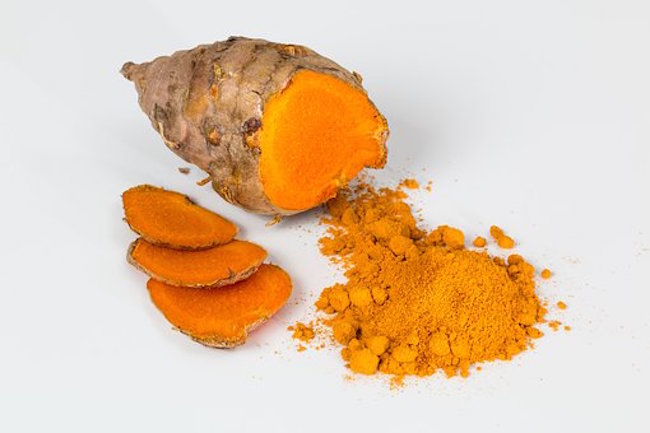What You Should Know About the Carcinogenic Nature of Overcooked Foods by for Natural Society
If you’re going to eat toast and potatoes, cook them until they’re a golden color, not brown, the UK’s Food Standards Agency is warning. Why? Because overcooking them may increase your cancer risk.
The FSA issued the warning January 23 and launched a campaign aimed at educating the public about the carcinogenic dangers of overcooking starchy foods for too long. The campaign is based on longstanding evidence from animal studies in 2002, though that link has not yet been proven in humans. Still, it is believed that the same is true for humans. [1]
Donald Mottram, emeritus professor of food chemistry at the University of Reading in the UK, explained:
Support Our Site

Now is your chance to support Gospel News Network.
We love helping others and believe that’s one of the reasons we are chosen as Ambassadors of the Kingdom, to serve God’s children. We look to the Greatest Commandment as our Powering force.
“No one will willingly eat acrylamide … (but) because it’s carcinogenic in animals, it would be carcinogenic in humans.”
Overcooking certain foods releases acrylamide, “a natural chemical which is formed when you heat certain food, such as starchy foods like potatoes and root vegetables,” explained professor Guy Poppy, chief scientific adviser to the FSA. [2]
He went on:
“When they’re cooked to above 120 degrees they naturally form acrylamide.”
The darker a food is cooked, the more acrylamide is released.
High levels of the chemical can also be found in some potato chips, cakes, cookies, cereals, and coffee.
Studies in rats have linked acrylamide exposure to cancer, according to the National Cancer Institute. The National Toxicology Program and the World Health Organization’s International Agency for Research on Cancer (IARC) considered acrylamide to be a “probable human carcinogen.”
Diane Benford, head of risk assessment at the FSA, said:
“The levels of acrylamide that are present in our diet are higher than we would be comfortable with. We would prefer them to be lower … that’s why the Food Standards Agencyis encouraging industry to try to reduce acrylamide levels in processed foods. And we wish to raise awareness among consumers of the things they could do to help reduce their exposure to acrylamide in food.”




